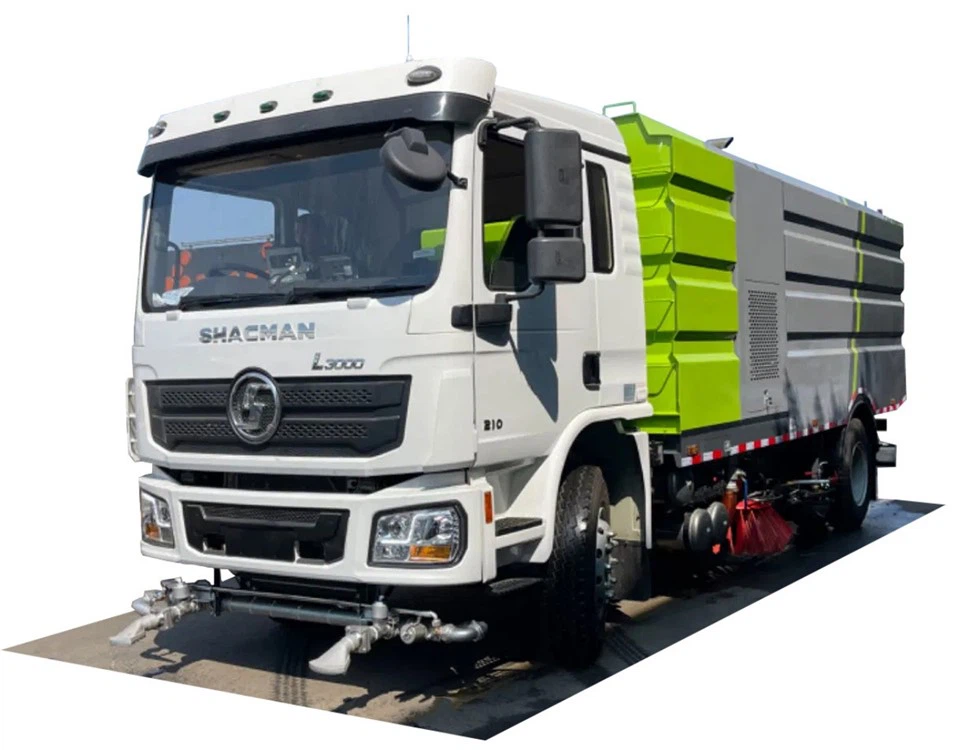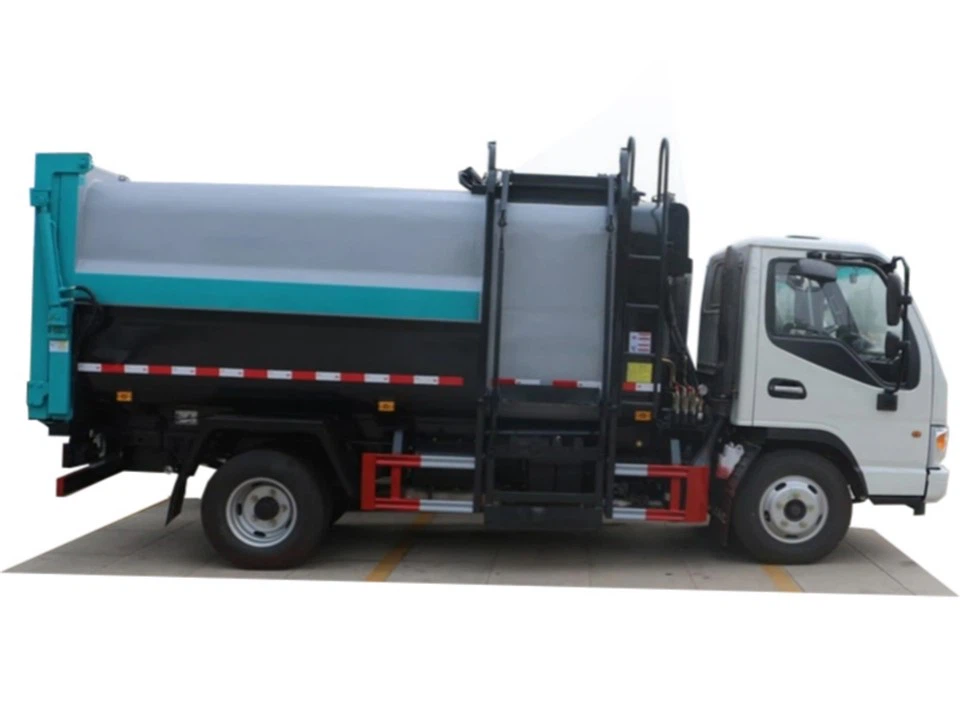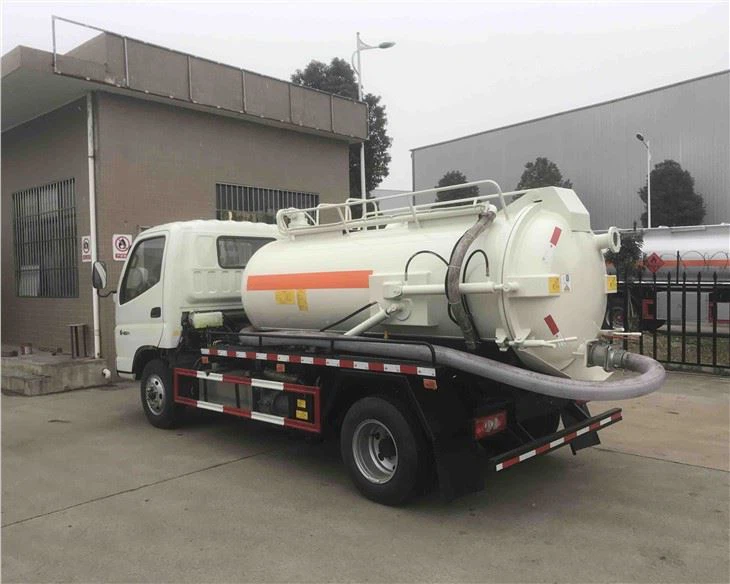Understanding Trash Removal Trucks: Functions, Types, and Operational Insights

Introduction
Trash removal trucks play a vital role in maintaining cleanliness and hygiene in urban and suburban environments. These specialized vehicles are designed to collect, transport, and often process waste materials produced by residential, commercial, and industrial sources. As urbanization continues to expand, the importance of efficient waste management systems becomes increasingly critical. This article will delve deep into the world of trash removal trucks, exploring their various types, functionalities, and operational efficiencies, while also providing practical tips and insights for better waste management.
Types of Trash Removal Trucks
1. Front Loader Trucks
Front loader trucks are designed for commercial waste collection. They are equipped with a large, mechanical arm that lifts containers and dumps their contents into the truck. These trucks are often used in industrial settings, apartment complexes, and commercial areas.
Advantages of Front Loader Trucks
- Efficient for high-volume waste collection
- Reduces manual labor, thus minimizing safety risks
- Can service multiple locations quickly
Best Use Cases
Front loader trucks are ideal for businesses that produce a significant amount of waste daily, such as grocery stores and restaurants.
2. Rear Loader Trucks
Rear loader trucks are commonly used for residential waste collection. Waste collectors manually load garbage into the truck’s compartment from the rear side.
Advantages of Rear Loader Trucks
- Cost-effective for residential areas
- Flexible for varying waste volumes
- Simple design allows for easy repairs and maintenance
Best Use Cases
These trucks are suitable for neighborhoods and smaller communities where waste volume may vary from week to week.
3. Side Loader Trucks
Side loader trucks utilize an automated or semi-automated lifting system to collect waste bins from the side of the truck. This design enhances efficiency, especially in urban settings.
Advantages of Side Loader Trucks
- Minimizes worker risk by reducing manual handling
- Compact design fits well in narrow city streets
- Extended reach helps collect waste from various angles
Best Use Cases

Ideal for urban neighborhoods where space is limited, side loader trucks can efficiently service densely packed areas.
4. Roll-Off Trucks
Roll-off trucks are designed for transporting large containers, typically used for construction or demolition projects. These trucks can quickly drop off or pick up containers as needed.
Advantages of Roll-Off Trucks
- Highly versatile for large volume waste
- Suitable for temporary waste disposal during projects
- Quick and efficient unloading and loading mechanism
Best Use Cases
Commonly used at construction sites, renovation projects, and large events, roll-off trucks cater to high-capacity waste needs.
The Role of Technology in Trash Removal Trucks

1. GPS Routing Systems
Modern trash removal trucks are often equipped with GPS routing systems to optimize collection routes. This technology helps reduce fuel costs and improves efficiency by minimizing travel time.
2. Automated Collection Systems
Automated collection systems allow for greater efficiency in waste collection. These systems use hydraulics and advanced technology to reduce the need for manual labor, enhancing worker safety.
3. Real-Time Monitoring
Real-time monitoring systems allow waste management companies to track their fleet, monitor truck capacity, and receive alerts for maintenance or issues, ensuring smooth operations.
Operational Efficiencies of Trash Removal Trucks
1. Regular Maintenance
To ensure reliable performance, regular maintenance of trash removal trucks is essential. This includes routine checks of hydraulic systems, engine performance, and tires.
2. Driver Training
Properly training drivers on how to operate trash removal trucks, including safety protocols and efficient driving techniques, can significantly enhance operational efficiency.
3. Waste Sortation Strategies
Implementing proper waste sortation techniques can optimize space in trucks and ensure recyclable materials are diverted from landfills, promoting sustainable waste management.
Environmental Considerations in Trash Removal
1. Sustainable Practices
In recent years, the waste management industry has seen a shift towards sustainable practices. Using low-emission trucks, composting organic waste, and promoting recycling is crucial in reducing the environmental impact.
2. Regulatory Compliance
Trash removal companies must adhere to local and federal regulations regarding waste disposal. Compliance ensures that operations are environmentally friendly and safe for communities.
Cost Factors in Trash Removal Truck Operations
1. Purchase and Leasing Costs
The initial investment in trash removal trucks can be significant. Companies can opt for purchasing or leasing trucks, depending on their budget and operational needs.
2. Maintenance and Repair Expenses
Routine maintenance and unforeseen repairs can add to operational costs. Budgeting for these expenses is essential for effective financial management.
3. Fuel Costs
Fuel efficiency is a critical consideration for trash removal trucks. Companies should explore alternative fuel options to reduce overall fuel costs.
Choosing the Right Trash Removal Truck for Your Business
1. Assessing Waste Volume
Understanding the volume and type of waste generated will help determine the appropriate trash removal truck. For high-volume operations, larger trucks or specialized trucks may be necessary.
2. Considering Route and Terrain
Routes through narrow streets or hilly areas may require different truck sizes and types. Assessing the geographical area of operation is crucial in making the right choice.
3. Budgeting for Total Cost of Ownership

When choosing a trash removal truck, consider not only the purchase price but also maintenance, fuel, and insurance costs over the truck’s lifespan.
Practical Tips for Efficient Trash Removal
1. Schedule Regular Collections
Establishing a regular schedule for waste collection can help prevent overflow and maintain community cleanliness. It also helps solidify customer expectations.
2. Engage the Community
Encourage community involvement in recycling and waste reduction programs. This can lead to cleaner neighborhoods and a more efficient trash removal program.
3. Invest in Employee Training
Regularly train employees on best practices for waste handling and client interaction. Happy, well-trained personnel ensure the success of any waste management program.
FAQs
1. How often should trash removal services be scheduled?
The frequency of trash removal services typically depends on the volume of waste produced. Most residential areas benefit from weekly pickups, while businesses may require more frequent collection.
2. What are the environmental impacts of trash removal trucks?
Trash removal trucks can contribute to air pollution and greenhouse gas emissions. However, using more efficient vehicles and optimizing routes can minimize these effects.
3. Are there recycling options available with trash removal services?
Many trash removal services offer recycling options. It’s advisable to inquire about specific programs available in your area to ensure proper waste disposal.
4. What kind of waste can be collected by trash removal trucks?
Trash removal trucks can collect a variety of waste types, including residential garbage, commercial waste, recycling, and bulk items, depending on the service provider.
5. How can I improve my business’s waste management?
Implementing waste sorting practices, scheduling regular pickups, and engaging employees in recycling programs can significantly improve waste management efficiency.
6. What should I consider when purchasing a trash removal truck?
Consider factors such as waste volume, route characteristics, budget, and the long-term cost of ownership when selecting a trash removal truck.
